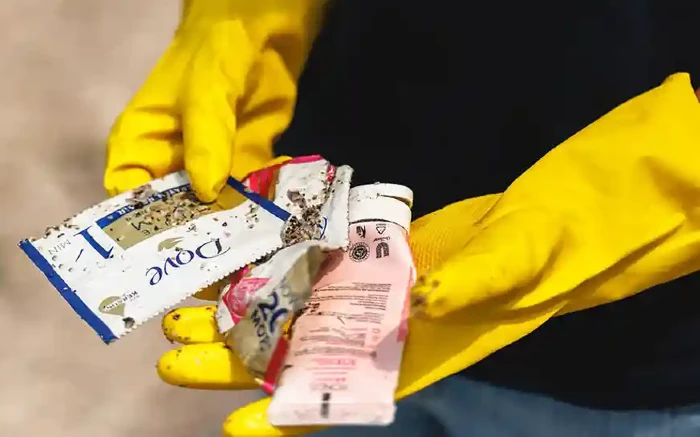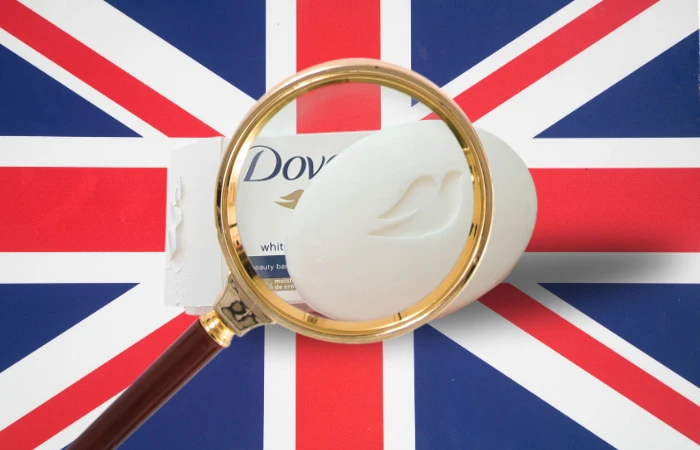Unilever, the conglomerate behind familiar brands like Marmite, Domestos, and Vaseline, is facing an investigation by the UK’s Competition and Markets Authority (CMA) over concerns that consumers may be misled by the company’s environmental claims on certain household products.
The CMA has expressed worries that Unilever might be overstating the environmental credentials of some of its products through the use of ambiguous and general claims, unclear statements regarding recyclability, and imagery like green leaves, which create the impression of greater eco-friendliness.

Sarah Cardell, the CEO of the CMA, emphasized the importance of scrutinizing these claims, especially for products like detergents, kitchen sprays, and toiletries that people routinely purchase.
She stated, “More and more people are trying to do their bit to help protect the environment, but we’re worried many are being misled by so-called ‘green’ products that aren’t what they seem.”
The CMA has the authority to request undertakings from Unilever to change its practices, take the company to court, or close the case if it finds no further action is necessary.
Specific concerns raised by the regulator include Unilever’s focus on a single aspect of a product, which may mislead consumers into thinking the entire product is environmentally friendly. And, claims about how natural an ingredient is might, in truth, exaggerate a product’s true ecological impact.
Unilever, under its former CEO Paul Polman, had positioned itself as a global leader in sustainability. However, recent reports indicate that the company is falling short of its environmental commitments. For example, it’s projected to sell billions of non-reusable sachets this year, contrary to its pledge to reduce single-use plastic.

The Changing Markets Foundation, a US-based campaign group, found that Unilever replaced recyclable PET bottles with non-recyclable pouches for its washing liquid, a move that contradicts the company’s push for refills. These pouches aren’t only non-recyclable, but also contain just two refills.
Unilever, while stating its willingness to cooperate with the CMA, expressed surprise and disappointment at the investigation’s announcement. The company defended its claims, asserting they are transparent and backed by robust processes.
Nevertheless, Greenpeace views the investigation as a wake-up call for Unilever. The head of plastics at Greenpeace UK, Nina Schrank, emphasized the need for the company to take substantial action to address its single-use plastic production.
More To Discover
- NY Attorney General Sues Pepsi Over Alarming Plastic Pollution in Buffalo River, Endangering Public Health and The Environmental
- Lab-Grown Seafood: Is The Industry Ready & Would You Eat It?
- What Happens When There’s Less Wind To Power Our Turbines? Illinois’ Is Dealing With That Now.
- Flatpacked Forests: Ikea’s Timber Controversy and the Flaws in FSC Certification
The CMA’s investigation is part of a broader examination of greenwashing, reflecting an expanded focus on environmental claims, including those related to fast-moving consumer goods such as food, beverages, cleaning products, toiletries, and personal care items.
In 2021, consumers spent over £140 billion ($175 billion) on these essential items. The investigation also scrutinizes environmental claims made by fashion brands like Asos, Boohoo, and Asda’s George brand.



















